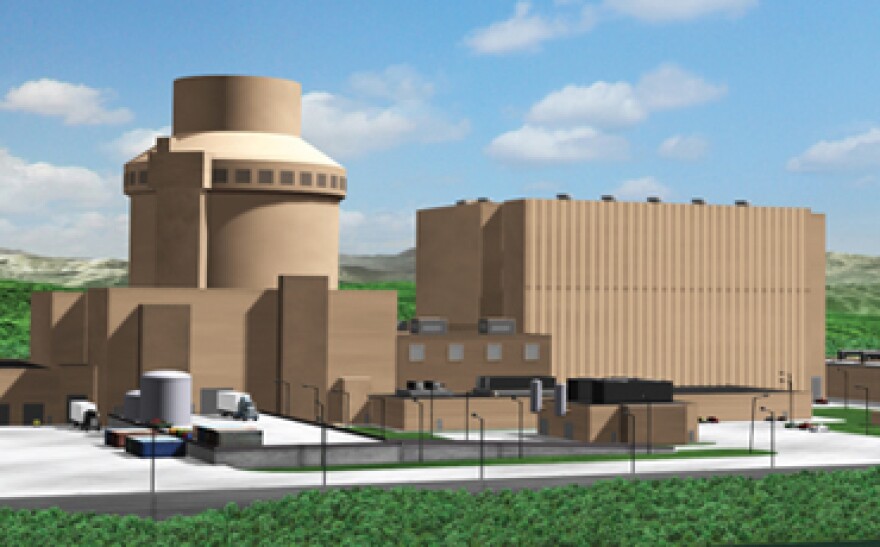For the second time in a week, Duke Energy has canceled a planned nuclear project. Duke said Tuesday it's dropping plans to build the proposed Levy Nuclear Plant on Florida's Gulf Coast. That's after it canceled plans for the W.S. Lee nuclear plant in South Carolina last Friday.
The company had won federal construction and operating licenses for both plants in late 2016, though it had not started construction.
Spokeswoman Ann Marie Varga said up until last year, Duke considered Levy a viable option. But that was before the project's lead contractor, Westinghouse, filed for bankruptcy, and troubles surfaced at other projects.
"As a result of the Toshiba-Westinghouse bankruptcy, Westinghouse and Toshiba will no longer construct and support new nuclear projects such as Levy," Varga said.
Varga says cost overruns and delays at two other Westinghouse projects in South Carolina and Georgia and slowing energy demand also were factors.
As part of Tuesday's announcement, Duke unveiled plans to spend $6 billion in Florida - building solar farms, installing electric vehicle charging stations, and improving the electric grid. That came as part of a rate agreement with regulators, customers and environmental groups.
Duke said customers won't pay any more for the canceled Levy project. The company will swallow about $150 million in costs not already recovered through rates. As part of the agreement, it's reducing rates slightly in the short term. The company says with the Levy project canceled, Florida customer rates will likely rise 1 to 3 percent a year between 2019-2021
Duke plans to add 700 megawatts of new solar plants in the next four years. The first of those projects will be a 74.9-megawatt plant in Hamilton County - its largest to date in Florida. The company has five existing solar projects in the state.
In addition, Duke pledges to build 500 electric vehicle charging stations around the state. And it will install up to 50 megawatts of battery storage.
With the Levy project's cancellation, Duke now has no new nuclear projects in planning. It operates six plants in the Carolinas, which supply about half the electricity in the two states.




